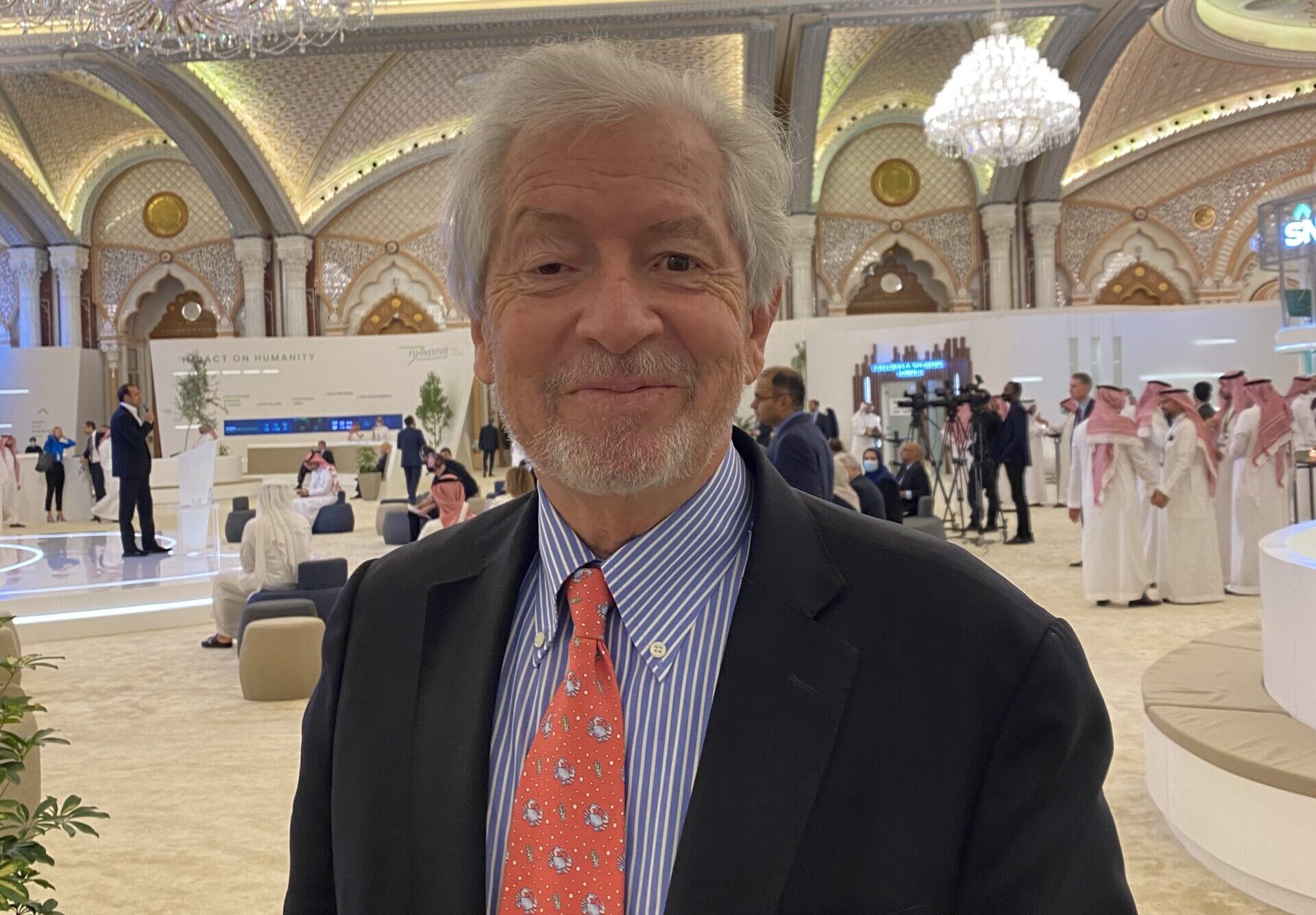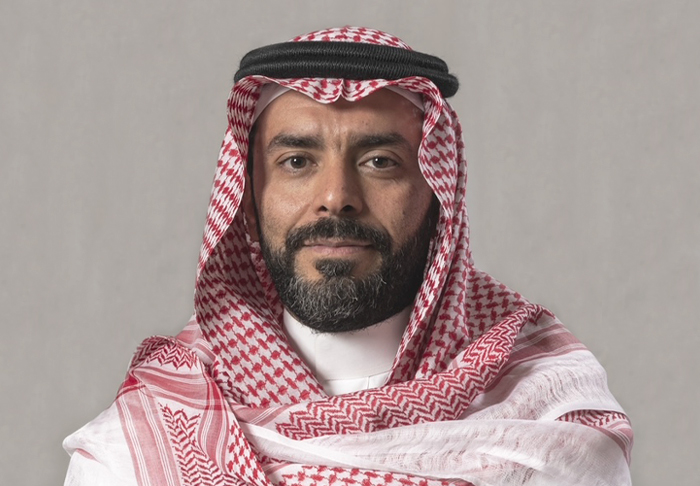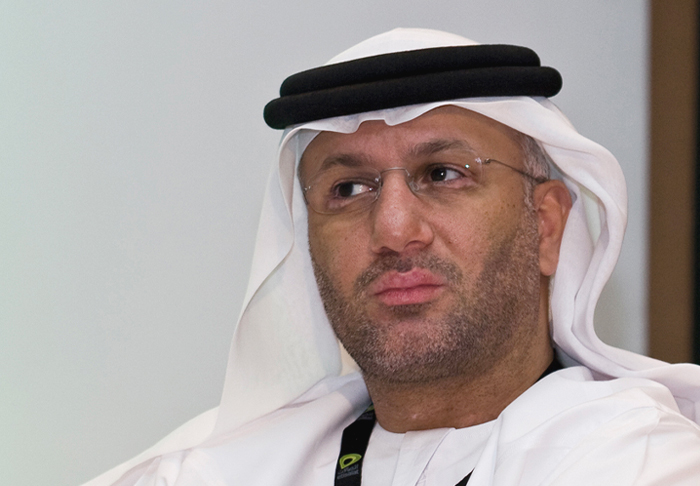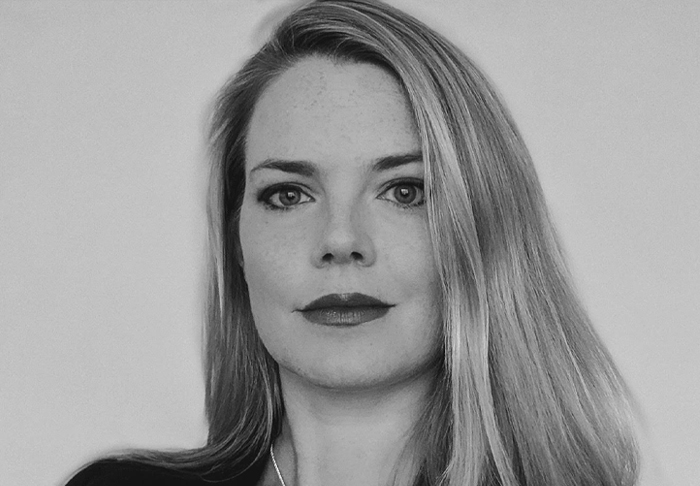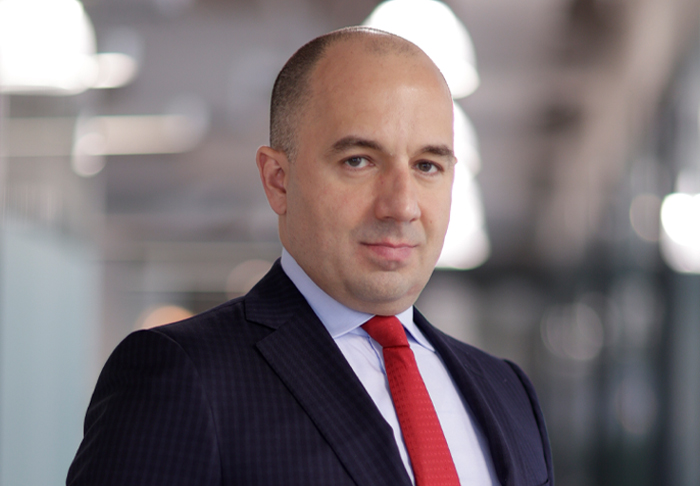This article originally appeared on Al Arabiya.
Recently, Saudi Arabia made global headlines when it announced it will start issuing tourist visas.
Although visited by 2 million Muslims from around the world making the annual pilgrimage to Mecca, the country has been notably cautious when it comes to attracting the average tourist.
In fact, the Kingdom does not show up on many lists of favored tourism spots. The impression is that it’s easier to book a trip to Tibet than get a tourist visa for Saudi Arabia.
Upcoming mega projects
But among a number of noteworthy changes taking place, the country’s tourism industry is likely to get a face lift. For instance, the government is building a new multi-billion dollar tourism project in several Red Sea islands in which Richard Branson, founder of Virgin Group Ltd, is also investing.
Similarly, Saudi leadership is moving on a $20bn plan to expand the Grand Mosque of Mecca and, near the capital city of Riyadh, it envisions an entertainment city nearly the size of Las Vegas (albeit without the gambling). Equally telling, the rollout of tourism visas will open to travelers who aren’t on business trips or visiting family members.
These moves reveal the urgency with which the leadership plans to expand non-oil industries. Already, travel and tourism pump $21bn into the country’s economy, more than for any other Arab country, including Egypt, with its ancient pyramids, and the United Arab Emirates, with its glitzy malls. Religious tourism has emerged as one of Saudi Arabia’s few booming, non-oil industries.
Analysts expect the Saudi travel sector to grow 2.9 percent this year— three times larger than that for the country’s overall economic growth. In the next few years, the government hopes to expand its tourism spending by over 40 percent – to $46 billion – and within a decade to draw 31m visitors annually to sites such as the ancient spice-route city of Madain Saleh. With one in 10 Saudi-based jobs now tied to travel and tourism, it’s easy to envision massive benefits if the country opens and develops this sector.
The missing ingredient
Yet for all the excitement around eye-popping mega-projects, Saudi leaders may be missing a key ingredient—a diversified supply of rentable rooms and hotels—if they hope to meet their tourism targets. A possible answer sits under their noses: the increasingly popular “sharing economy” embodied by companies like Airbnb.
The online platforms of such companies allow people to rent out their homes, or just a room and is expanding so rapidly that it is adding the equivalent of an entire Hilton hotel chain’s worth of rentable rooms worldwide each year. But many would-be hosts in Saudi Arabia are reluctant to join the trend because the government hasn’t written rules yet that make it clear whether such rentals would be legal within the heavily regulated state.
Turbo-charging such enterprises could unlock huge potential capacity. First, the Saudis could tap into a promising market for home stays. Book Halal Homes and Muzbnb (a Muslim lodging service) prove there’s a market for conservative Muslim families who want to be near mosques or halal eateries, and to have dedicated prayer space and a Koran close at hand. More than 120 million Muslims traveled outside their countries last year; offering them home-like conditions in Saudi Arabia. This makes good business sense and could play to Saudi strengths as famously generous hosts.
Jobs for the youth
Second, the Airbnb experience has shown that hosting is about more than real-estate rental—it often becomes a job. Allowing Saudis to rent parts of their homes could help them convert passions into professions, creating entrepreneurs—hosts, chefs, tour guides—in long-overlooked places, from Tabuk to Asir.
Last, grassroots hosting could help answer the employment needs of a huge segment of Saudi society: young people. Saudis under 30 account for 70 percent of the population and are eager to try new things. Numerous Saudi millennials would be willing to rent a room to lodgers of the same gender, if there was a clear law supporting the arrangement.
I got a reminder of this hospitality on a recent, one-day trip to Riyadh. My Airbnb host Mohammed, a 28-year-old PhD candidate, didn’t just drop a key to an empty home. He picked me up in the Saudi equivalent of Uber, introduced me to his friends, and spent two hours chatting and showing me his favorite hangout spots. It was a memorable moment and an inside look into a kingdom.
That kind of personal contact goes a long way. Fostering this kind of “sharing” economy in Saudi Arabia might create jobs and spinoff commerce. It might also help put the country on a lot more favorite-destination lists.
Read article on Al Arabiya.




